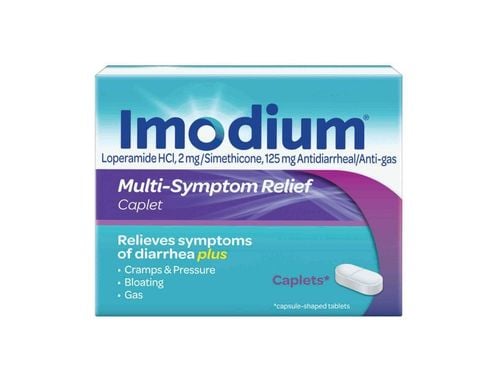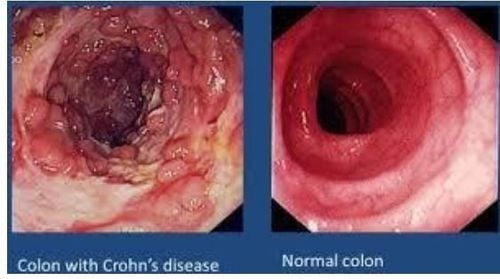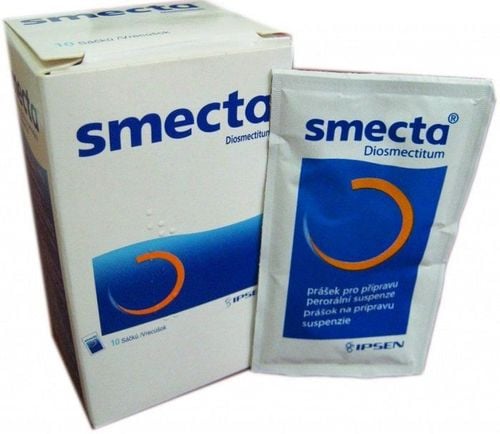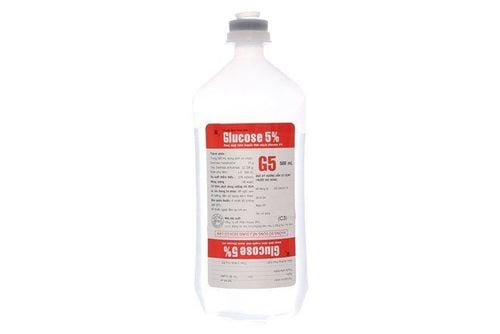This is an automatically translated article.
Dextrose sodium drug containing the active ingredient glucose sodium chloride is indicated in case of carbohydrate deficiency, dehydration due to acute diarrhea, hypoglycemia due to many causes... Let's learn about the uses and notes when using Dextrose - sodium drug through the article below.
1. Uses of the drug Dextrose – sodium
What is Dextrose sodium? Dextrose sodium is prepared in the form of an infusion containing the active ingredient glucose sodium chloride. Glucose is a calorie-supporting active ingredient, commonly used intravenously in the treatment of sugar deficiency and with electrolyte solutions in the prevention and treatment of dehydration due to acute diarrhea and hypoglycemia. . Sodium chloride (Na) is the main cation of extracellular fluid with the function of regulating the distribution and balance of water, osmotic pressure and electrolytes...
Dextrose sodium is indicated clinically in the following cases:
Treatment of carbohydrate deficiency; Treatment of dehydration caused by acute diarrhea; Hypoglycemia due to alcohol poisoning, malnutrition, increased metabolism due to stress or trauma... Dextrose sodium is contraindicated in patients with anuria, hydroedema, intracranial or spinal hemorrhage, increased hyponatremia, increased sweating, portal hypertension, and hypokalemia.
2. Dosage of Dextrose – Sodium
Dosage of Dextrose - Sodium depends on the patient's condition. Note that it is necessary to closely monitor blood sugar during drug infusion.
The maximum recommended dose of Dextrose - Sodium is 500 - 800mg/kg body weight infusion over 1 hour. Glucose solution of 5% concentration is isotonic with blood should be used for rehydration and electrolytes, Glucose solution of concentration above 5% is hypertonic with blood should be used to provide energy.
In case of emergency treatment of hypoglycaemia, it is necessary to administer the drug by peripheral route but at a slow rate (3ml/min).
In case of parenteral nutrition, Dextrose sodium can be used concurrently with fat or amino acid emulsions.
The specific dose of Dextrose Sodium is prescribed by the treating doctor, the patient absolutely should not increase or decrease the dose of the drug without the consent of the doctor.
3. Side effects of Dextrose Sodium
Dextrose Sodium can cause some of the following side effects:
Common: Pain, irritation at the injection site, thrombophlebitis; Uncommon: Fluid and electrolyte disturbances such as hypomagnesaemia, hypokalemia, hypophosphataemia; Rare: Water intoxication or edema due to long-term infusion or rapid infusion of large amounts of isotonic solution; dehydration due to high blood sugar. In case of experiencing unwanted effects, the patient should stop taking Dextrose sodium and notify the doctor for a timely examination.
4. Note when using Dextrose sodium drug
Slow drug infusion rate and closely monitor the patient for biological and clinical tests, especially the state of water-electrolyte balance; Do not use the drug for intramuscular injection; For pregnant women, lactating women: Dextrose sodium has no adverse effects when used in these subjects.
5. Drug interactions
Dextrose sodium may decrease the effectiveness of lithium salts by increasing lithium excretion.
Drug interactions occur that reduce the therapeutic effect of Dextrose sodium, increasing the risk of unwanted effects. Therefore, patients need to inform the treating doctor about the drugs and supplements they are using before being treated with Dextrose sodium to ensure the effectiveness and safety of treatment.
Please dial HOTLINE for more information or register for an appointment HERE. Download MyVinmec app to make appointments faster and to manage your bookings easily.













